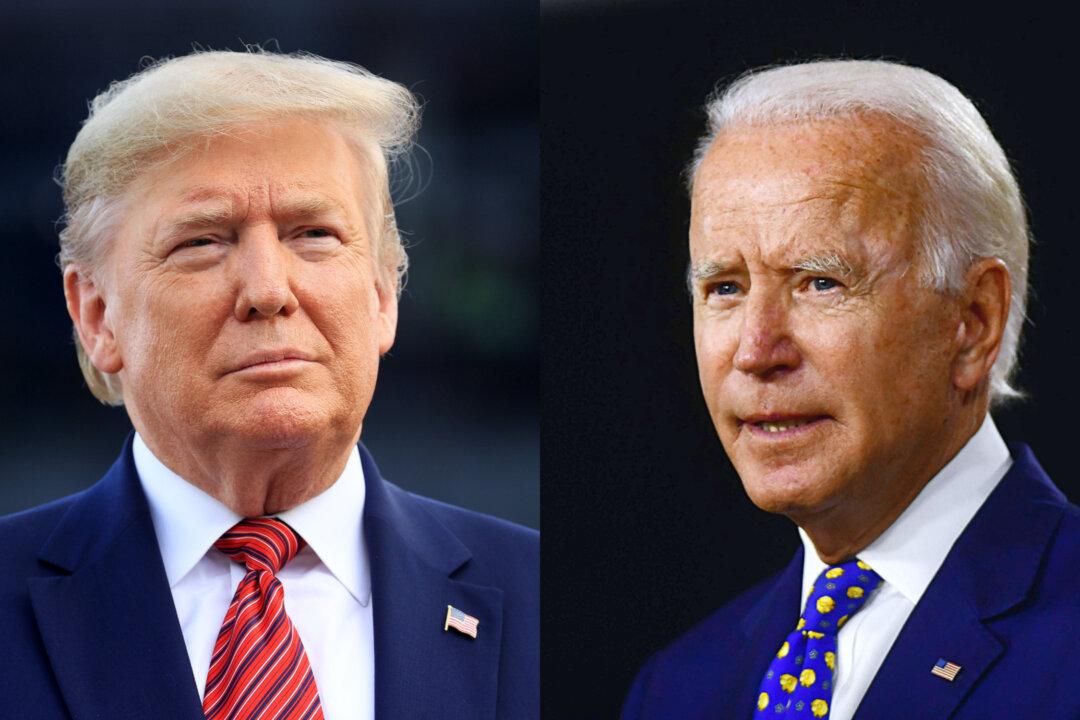Commentary
As an economist, I’m often asked by fellow investors how to interpret news events and make sense of upcoming announcements: What does it mean if this happens, or what does it mean if that happens?

As an economist, I’m often asked by fellow investors how to interpret news events and make sense of upcoming announcements: What does it mean if this happens, or what does it mean if that happens?